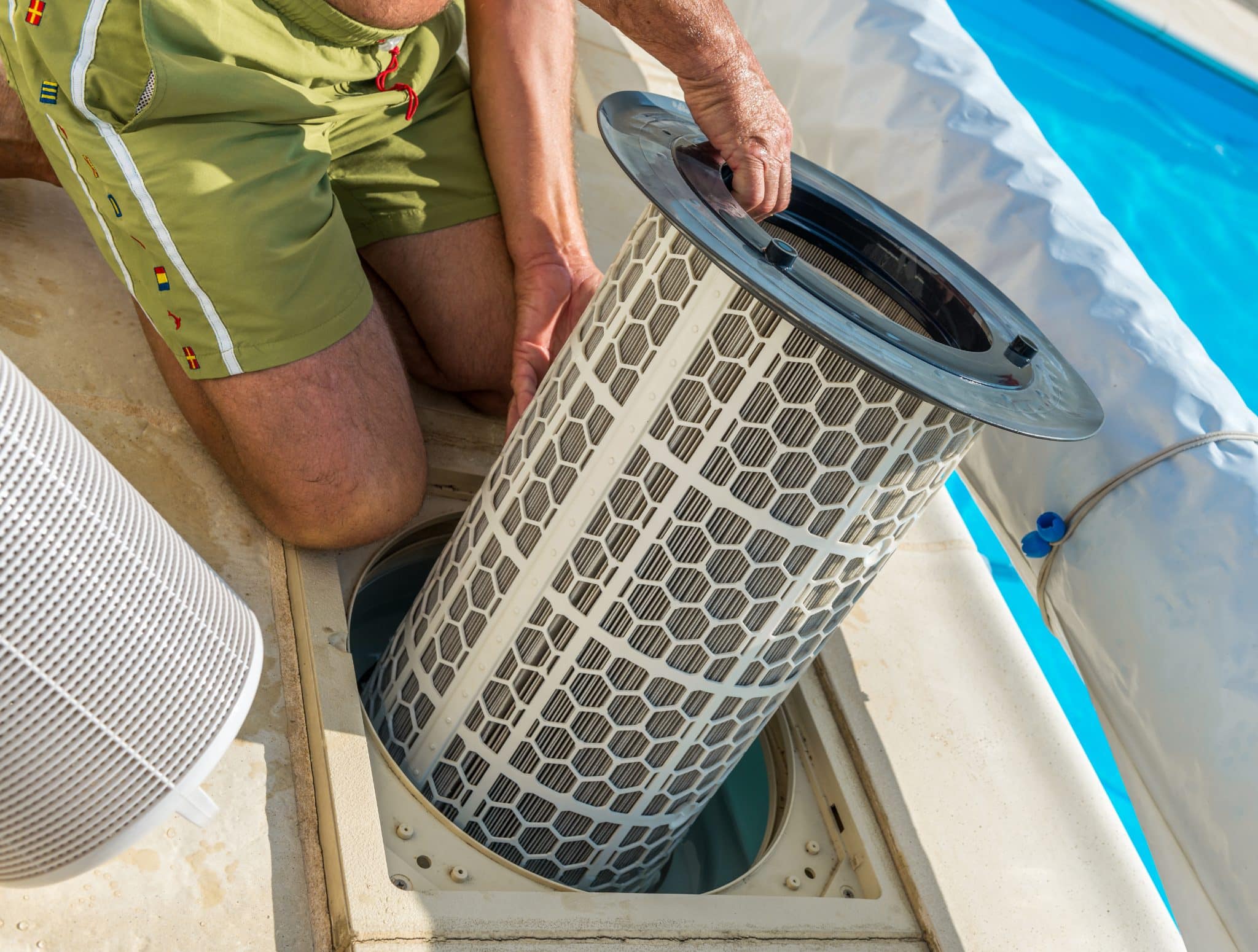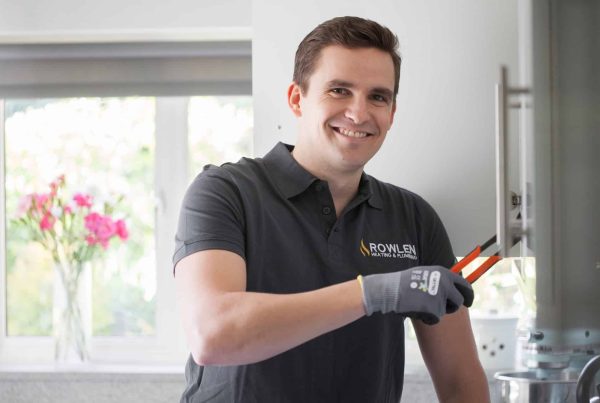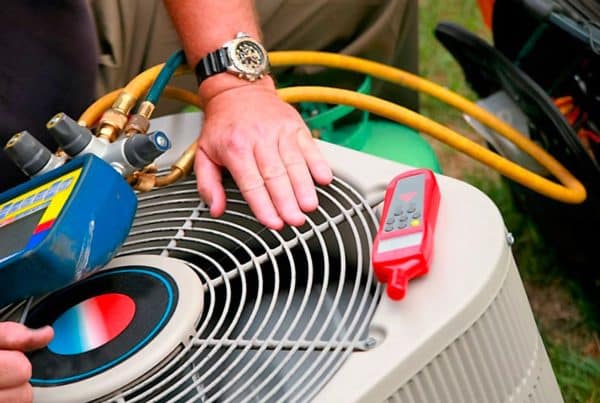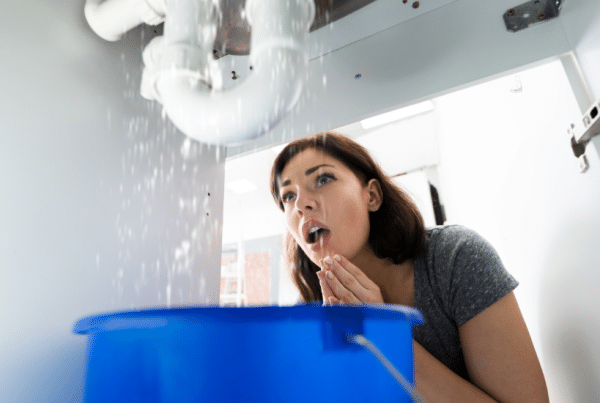When selecting a pool filter, comprehending the distinctions among sand, cartridge, and diatomaceous earth (DE) filters is essential. These filters are the heart of a pool’s filtration system, playing a pivotal role in keeping the water clean and safe for swimmers. Each type of filter offers unique features, advantages, and disadvantages. The ideal choice hinges on multiple factors, including budget, maintenance preferences, and the level of filtration efficiency desired.
Pool filtration is more than just a routine maintenance task; it’s a critical component in ensuring the longevity and health of your swimming pool. The water’s clarity, hygiene, and overall quality depend significantly on the type of filter you choose. A good filtration system removes debris, bacteria, and algae, preventing the water from becoming cloudy and contaminated. This is not only vital for the aesthetic appeal of the pool but also for the health and safety of its users.
The decision on which filter to choose also depends on the size and type of pool you have. Larger pools or those with higher usage may benefit more from a robust sand filter system, while smaller or less frequently used pools might find the efficiency and lower maintenance of a cartridge filter more suitable. DE filters are often chosen by pool owners who demand the highest water clarity and are willing to invest in regular maintenance.
Also the local climate and the surrounding environment can influence your choice. Pools located in areas with a lot of trees and natural debris might require a more powerful filtration system to handle the influx of materials. Conversely, pools in urban settings with less natural debris may be adequately served by a simpler filtration system.
Selecting the right pool filter is a decision that requires careful consideration of your pool’s specific needs, your personal preferences, and the environment in which your pool is situated. Understanding the operational mechanisms, maintenance requirements, and efficiency levels of sand, cartridge, and DE filters will guide you in making a choice that ensures your pool remains a pristine and enjoyable oasis.
Sand Filters
Sand filters use specially designed rough sand to trap debris. They are known for their affordability and low maintenance requirements, making them an ideal choice for those seeking a cost-effective solution. However, they offer the least sensitive filtration, capable of filtering particles 20 to 40 microns in size. While they are economical, they require backwashing every few weeks, a process that can be water-intensive and may not be ideal in areas where water conservation is a concern. Additionally, over time, the sand needs to be replaced, usually every 5 to 7 years, depending on usage.
Cartridge Filters
Cartridge filters employ pleated polyester screens that trap particles as small as 10 microns, offering more effective filtration than sand filters. They are a popular choice due to their balance between efficiency and maintenance. Unlike sand filters, cartridge filters do not require backwashing, making them more water-efficient and environmentally friendly. They are initially more expensive than sand filters but are also more energy-efficient in the long run. Cartridge filters typically need replacement every 2 to 3 years, although this can vary based on the frequency of pool use and the level of care given to maintaining the filter.
DE Filters
DE filters are the pinnacle of pool filtration efficiency, capable of filtering particles as small as 2 to 5 microns. They utilize a fine powder made from the fossilized remains of diatoms, providing superior filtration especially for capturing very fine debris. DE filters maintain consistent flow rates and are efficient in water purification. However, they come with the highest price tag in terms of both initial setup and ongoing maintenance. These filters require regular backwashing and the DE powder needs to be replenished every few months. While they are more labor-intensive, the level of cleanliness they offer is unmatched.
Choosing the Right Filter
Selecting the appropriate filter involves considering various factors:
- Budget: Sand filters are the most cost-effective, followed by cartridge filters, with DE filters being the most expensive.
- Filtration Efficiency: For those seeking the highest level of filtration, DE filters are unparalleled, while cartridge filters strike a balance between efficiency and cost.
- Maintenance Requirements: Each filter type comes with different maintenance needs. Sand filters require frequent backwashing, cartridge filters need periodic cleaning, and DE filters demand both backwashing and powder replenishment.
- Environmental Considerations: Water and energy efficiency are also important. Cartridge filters are more environmentally friendly due to their lack of need for backwashing.
When selecting a filter, it’s also important to consider the size of your pool and your willingness to engage in regular maintenance. Each filter type offers distinct advantages, and the best choice will vary based on individual needs, pool usage patterns, and long-term maintenance considerations. Proper research and consultation with pool maintenance professionals can aid in making an informed decision that aligns with your specific requirements and ensures optimal pool health and cleanliness.
Conclusion
Choosing the right pool filter is essential for maintaining a clean and healthy swimming environment. Sand filters offer a budget-friendly and low-maintenance option, though they are less efficient at filtering fine particles. Cartridge filters provide a middle ground with better filtration and no need for backwashing, making them eco-friendlier. DE filters, while being the most expensive, offer the highest filtration efficiency, capable of removing the smallest particles from pool water.
Ultimately, your choice will depend on your budget, maintenance preferences, and the level of filtration you require. Each type has its unique benefits, and the right one for you will align with your specific pool maintenance needs and lifestyle.
For expert guidance and a wide selection of pool filters, consider reaching out to a pool equipment supplier. They can provide personalized advice and help you find the perfect filter to keep your pool crystal clear and functioning efficiently. Explore your options with a pool equipment supplier today.








